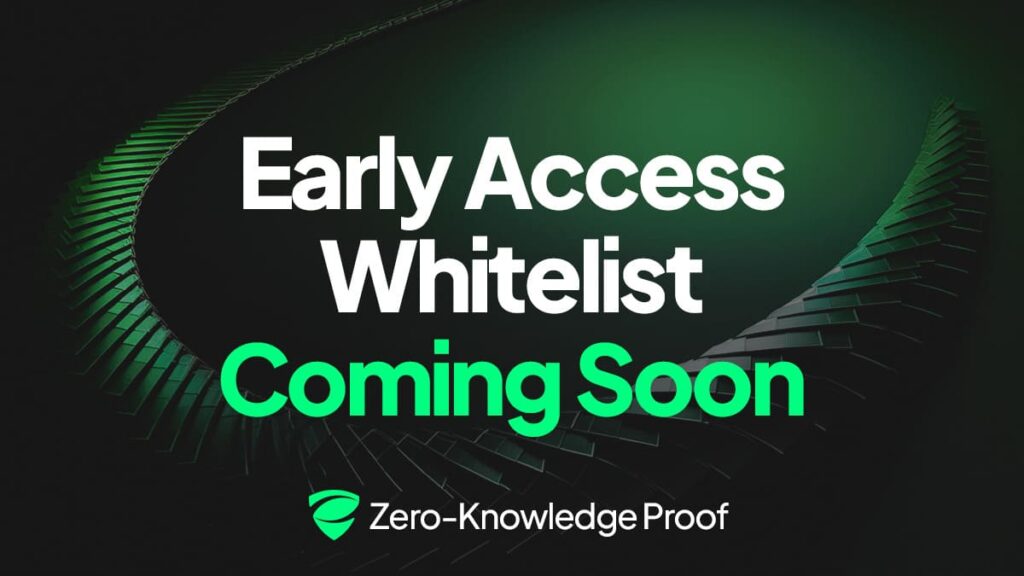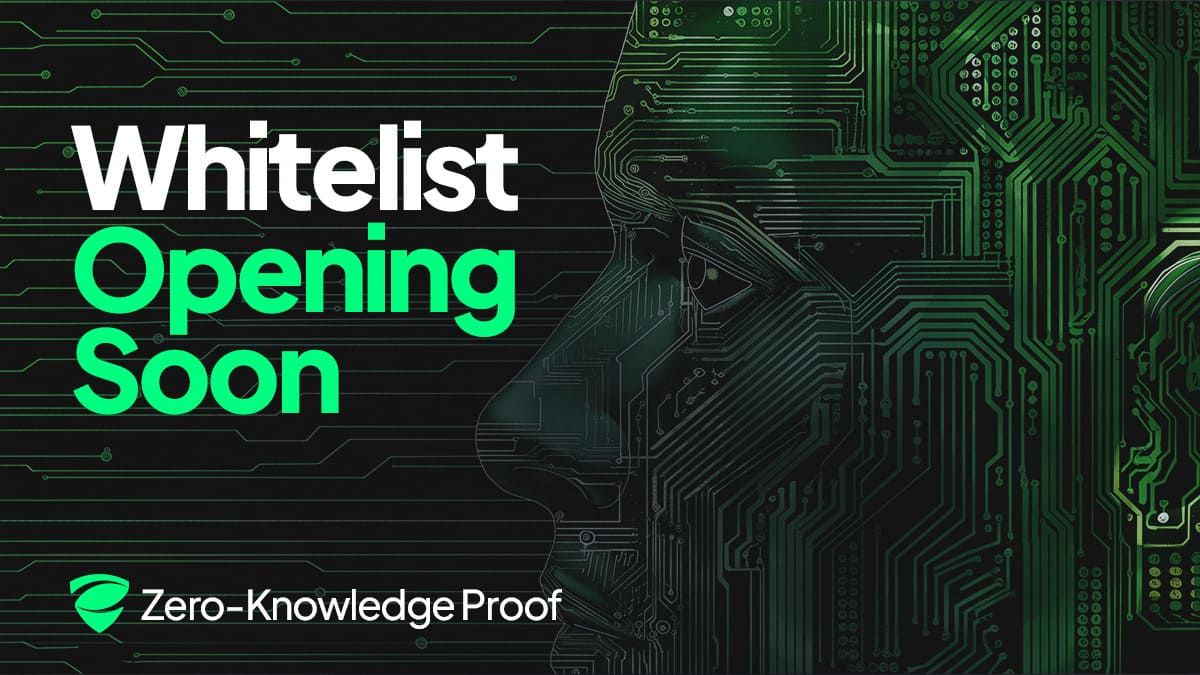Most blockchain projects claim to be decentralized, yet many fall into the same trap, power concentrated in the hands of a few large holders. When influence is tied purely to token quantity, decision-making becomes skewed, and community voices fade into background noise. Zero Knowledge Proof (ZKP) offers a corrective approach.
By weaving privacy, scalability, and fairness into its Layer-1 architecture, it sets a new precedent for how governance should work. Its use of quadratic voting within its DAO system ensures that decisions reflect collective consensus, not financial dominance. The upcoming whitelist provides presale access to a network built to keep power evenly distributed.
The Problem: When Decentralization Becomes Centralized
The idea of decentralization was meant to eliminate hierarchy. Yet, in practice, many networks recreate it in digital form. The wealthiest token holders often dominate governance, shaping upgrades, treasury spending, and protocol direction. This “whale rule” undermines the fairness that decentralization promised in the first place.
In these systems, one wallet with massive holdings can outvote thousands of smaller participants. The outcome?
- Decisions driven by profit, not progress.
- Communities feeling unheard or disengaged.
- A widening gap between users and developers.
True decentralization should not mean that influence scales endlessly with wealth. Instead, it should amplify collective intelligence and participation. Zero Knowledge Proof (ZKP) starts by acknowledging this flaw directly, and then fixes it mathematically. Its approach doesn’t just limit dominance; it ensures that participation itself is the foundation of governance. That shift restores meaning to the word “decentralized.”
The Solution: Quadratic Voting as a Fair Balance
Zero Knowledge Proof (ZKP) introduces quadratic voting, a mechanism designed to rebalance influence within its DAO. Unlike standard voting systems, where one token equals one vote, quadratic voting uses a square-root formula to weigh votes. This means doubling your influence requires quadrupling your stake, making it costly for whales to monopolize decisions.
Here’s how it changes the game:
- Proportional fairness: Every participant’s vote carries impact, but large holders face diminishing returns.
- Collective balance: Smaller holders can join forces to match or exceed whale influence.
- Better outcomes: Decisions reflect genuine community preferences, not just concentrated wealth.
This approach doesn’t punish investment; it protects fairness. By embedding it into the DAO’s core logic, Zero Knowledge Proof (ZKP) transforms governance into a mathematical safeguard for equality, ensuring that every member contributes meaningfully to shaping the network’s evolution.
The DAO That Listens to Its Community
The DAO behind Zero Knowledge Proof (ZKP) is designed to be participatory from day one. It’s not an afterthought or marketing slogan, it’s a built-in governance structure that defines how upgrades, treasury spending, and community proposals are handled. Each decision goes through a transparent, quadratic voting process that rewards contribution and engagement.
Key features include:
- Open proposal system: Any verified member can propose changes or initiatives.
- Weighted consensus: Votes are tallied transparently, preventing manipulation.
- Treasury oversight: Funds are distributed based on community-approved projects.

This model gives developers, users, and validators a shared voice in the ecosystem’s direction. It means governance isn’t just about holding tokens, it’s about participation, reputation, and contribution. Through its DAO, Zero Knowledge Proof (ZKP) gives decentralization substance, ensuring that fairness isn’t optional; it’s part of the network’s DNA.
Why It Matters: Governance as Trust Infrastructure
Decentralization isn’t just technical, it’s social. For blockchain to become mainstream, people must believe their input matters. That trust can’t be earned with slogans; it must be built into the system. Zero Knowledge Proof (ZKP) understands this. By combining mathematical privacy with mathematical fairness, it offers a foundation that’s hard to manipulate.
Its governance design ensures:
- Long-term stability by discouraging centralized capture.
- Transparent decision-making where every outcome can be verified.
- Community accountability that strengthens trust over time.
This approach mirrors the principles behind its privacy layer, control over your data, and now, over your voice. As regulatory and institutional players look for sustainable blockchain frameworks, this kind of governance sets a precedent. It shows that true decentralization is not about code alone, but about fairness you can measure.
Summing Up
Zero Knowledge Proof (ZKP) redefines decentralization as something more than a technical feature, it becomes a shared responsibility. Through its quadratic voting DAO, the network turns equality into a verifiable system, not a vague ideal. Privacy, scalability, and governance all connect under one mission: to build a blockchain where community and transparency coexist. The upcoming whitelist offers presale access to this ecosystem, opening doors for those who believe in fair participation. It’s a model where no single entity dictates the future, and where every user, regardless of wallet size, helps shape what comes next.
Find Out More about Zero Knowledge Proof:
Website: https://zkp.com/
This article contains information about a cryptocurrency presale. Crypto Economy is not associated with the project. As with any initiative within the crypto ecosystem, we encourage users to do their own research before participating, carefully considering both the potential and the risks involved. This content is for informational purposes only and does not constitute investment advice.





